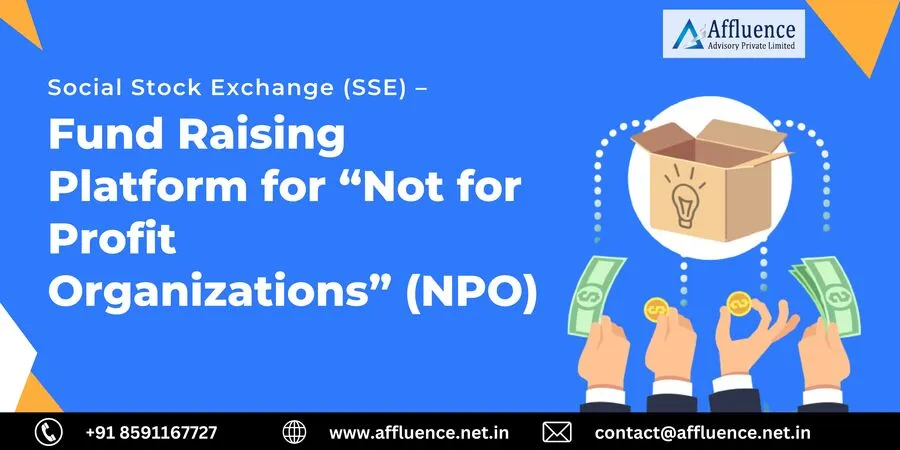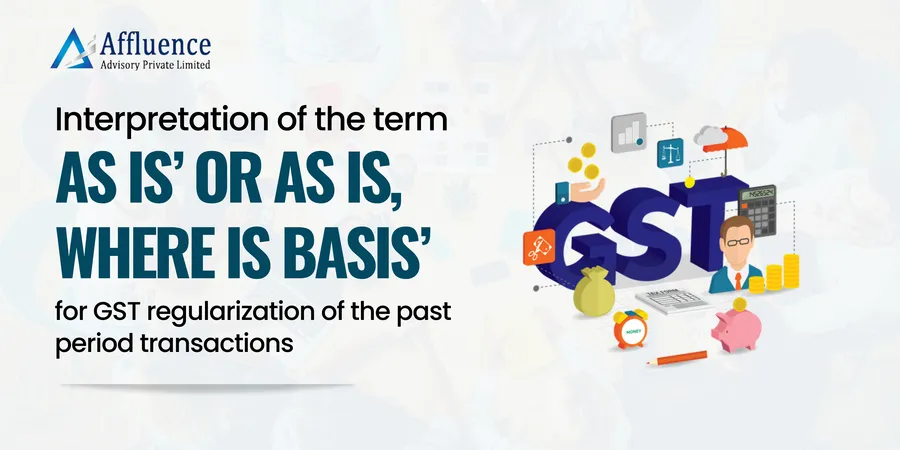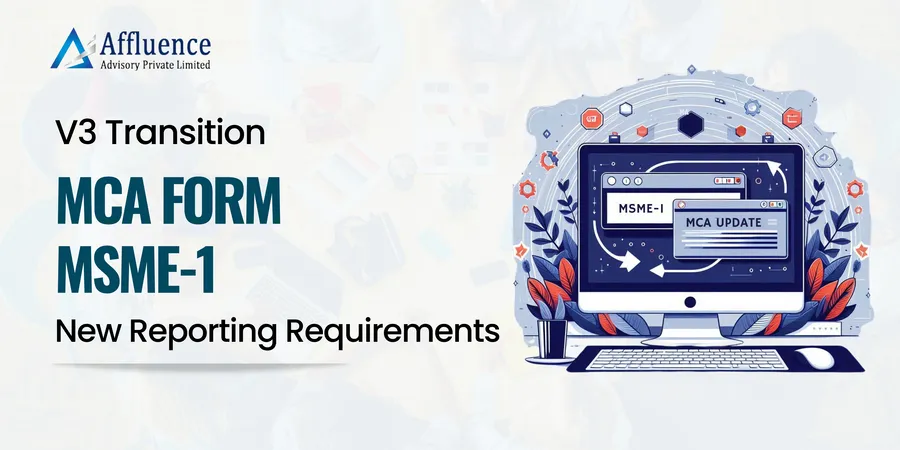“Social Stock Exchange (‘SSE’)” means a separate segment of a recognized stock exchange having nationwide trading terminals permitted to:
- Register “Not for Profit Organizations” (NPO) and/or
- list the securities issued by NPOs in accordance with the provisions of these regulations.
Social Stock Exchange (SSE) is a separate segment of the existing Stock Exchange, that can help Social Enterprise(s) to raise funds from the public through the stock exchange mechanism.
SSE will act as a medium between Social Enterprises and fund providers and that can help them to select those entities that are creating measurable social impact and reporting such impact. Certain types of Social Enterprises i.e. Not-for-profit organizations (NPOs) that meet the registration criteria can register on SSE and undertake to make continuous disclosures on their social impact. Such NPOs may or may not choose to raise funds through SSE, however, would continue to make disclosures including on the social impact to stock exchanges.
SSE is slowly evolving as a potential funding mechanism for a lot of non-profit organizations.
Social Enterprise in the context of Social Stock Exchange:
Social Stock Exchange identifies the two forms of social enterprises i.e. (1) not-for-profit organization and (2) For-profit social enterprise, that is engaging in the activity of creating positive social impact and that meets the primacy of their social intent.
In order to establish the primacy of social intent, any entity [be it Not-for-Profit Organization (NPO) or For-Profit Social Enterprise (FPE)] should meet all three criteria mentioned under Regulation 292E(2) of the ICDR Regulations. Briefly, these criteria require that the entity must indulge in activities prescribed under Regulation 292E(2)(a), and that the entity must target underserved or less privileged population segments or regions which have recorded lower performance in the development priorities of central or state governments.
A not-for-profit organization is an entity that meets the criteria to be identified as a social enterprise and is any of the following entities:
- a charitable trust registered under the public trust statute of the relevant state;
- a charitable society registered under the Societies Registration Act, 1860 (21 of 1860);
- a company incorporated under section 8 of the Companies Act, 2013 (18 of 2013);
- any other entity as may be specified by SEBI.
A for-profit social enterprise is an entity that meets the criteria to be identified as a social enterprise and is any of the following entities:
- A company under the Companies Act, 2013, operating for profit and does not include a company incorporated under section 8 of the Companies Act, 2013 (18 of 2013);
- A body corporate operating for profit.
Evolution of Social Stock Exchange:
In the Indian context, the proposal for setting up an electronic fund-raising platform in the form of SSE under the regulatory framework of SEBI was announced in the Union Budget presented in July 2019, when the Hon’ble Finance Minister announced the setting up of the SSE as part of her budget speech, which initiated the series of steps for creating the framework for SSE. SEBI’s Working Group (WG) after a study of the global experience and trends released its report on September 21, 2020, after which a Technical Group (TG) was constituted which went into granular details of the global experience and their relevance to the Indian context, as also sought further expert advice and sought greater clarity with respect to certain operational issues.
Key benefits of Social Stock Exchange:
Improved Market Access: An SSE will facilitate a common and structured meeting ground between Social Enterprises and investors/donors with inbuilt regulation for providing sanctity and accountability of finances.
The synergy between investors and investees in social aims: In view of the flexibility of investment and capital that would be available on an SSE, the canvas of choice would be much wider allowing investors and investees with similar missions and visions to connect seamlessly.
Performance-based philanthropy: The performance of the enterprise listed on an SSE would be monitored thus it will instill a culture of performance (Social Return) driven philanthropy.
Objective:
- SSE was introduced to reduce this problem so that NPOs face fewer challenges to operate.
- SSE is formed with the intent to give social enterprises an additional avenue to raise money.
- This novel concept was built with the sole purpose of serving the private and non-profit sectors by routing greater capital to them.
Why Social Stock Exchange:
Social Stock Exchange is a means to channel funding for enterprises engaged in social causes. It is a platform for the exchange of capital. Social Stock Exchange becomes a recognized platform for funding of social enterprise. This would also give the investee certainty that the enterprise that is being funded is an enterprise that is endeavouring to create a social impact. Social sector organizations (both for-profit and nonprofit) play a significant role in delivering essential services to vulnerable and marginalized communities. However, the effectiveness of the sector is contingent on adequate funding. At present, the social sector in India receives funding through multiple sources, such as corporate social responsibility (CSR), impact investing, philanthropy, and everyday giving. Enabling these diverse channels to come together on a common platform and introducing uniform frameworks in reporting, measurement, and standards could be an important step in developing the sector. The SSE lists funding channels for the social sector and offers a set of procedures that act as a filter, letting in only those organizations that are creating measurable social impact and reporting such impact.
Criteria for registration on Social Stock Exchange:
SEBI vide its circular dated September 19, 2022, has prescribed certain minimum requirements in order for a not-for-profit organization to register on Social Stock Exchange. In brief, these criteria include the mandatory age of NPO as 3 years, valid certificate u/s 12A/12AA/12AB of the Income Tax Act, valid 80G registration, minimum INR 50 lakhs as annual spending and minimum INR 10 lakhs of funds in the past year, etc.
Social Stock Exchanges are also permitted to prescribe additional requirements in order for a not-for-profit organization to register on it.
Eligibility Conditions for being identified as Social Enterprises:
Predominance (Any one of the Following)
Social Enterprise | REVENUES At least 67% of the immediately preceding 3-year average of revenues comes from providing eligible activities to members of the target population. |
EXPENDITURE At least 67% of the immediately preceding 3-year average of expenditures has been incurred for providing eligible activities to members of the target population. | |
BENEFICIARIES Members of the target population to whom the eligible activities have been provided constitute at least 67% of the immediately preceding 3-year average of the total consumer base/beneficiaries. |
Target Segment: Social Enterprise shall target underserved or less privileged population segments or regions recording lower performance in the development priorities of central or state governments.
Registration and Listing Process for Social Enterprise:
Type of Organization | Not for Profit Organizations (NPO) | For Profit Enterprise (FPE) |
Registration on SSE | Required (minimal annual reporting requirements) | Not Required |
Listing | Instruments such as Zero Coupon Zero Principal Instrument | Listing of Equity Shares on main board or SME or IGP, Debt Securities |
Regulatory Framework for SSE:
Amendments to SEBI ICDR, LODR, and AIF Regulations prescribed the regulatory framework for Social Stock Exchanges (SSEs) on July 25, 2022, through:
- the Securities and Exchange Board of India (Issue of Capital and Disclosure Requirements) (Third Amendment) Regulations, 2022 by inserting a new Chapter X-A consisting of Regulations 292A to 292P. These regulations are referred to as “ICDR regulations”:
These regulations inter-alia prescribe conditions for listing on a social stock exchange.
- the Securities and Exchange Board of India (Listing Obligations and Disclosure Requirements) (Fifth Amendment) Regulations, 2022 by inserting a new Chapter IX-A consisting of Regulations 91A to 91F. These regulations are referred to as “LODR regulations”:
These provide for continuous disclosure norms by enterprises that are listed on social stock exchanges.
- consequential amendments to the Securities and Exchange Board of India (Alternate Investment Funds) Regulations, 2012 arising out of the amendments to the ICDR regulations. These regulations are referred to as “AIF regulations”:
Amendments to these regulations provide for investment in funds formed for the fulfillment of social causes.
The security that can be issued by Social Enterprises:
- They are instruments that can be issued by social enterprises listed on a social stock exchange to raise funding for social causes.
- According to the gazette notification, “Zero Coupon Zero Principal Instrument” is an instrument issued by a not-for-profit organization that will be registered with the social stock exchange segment of a recognized stock exchange in accordance with the Securities and Exchange Board of India (Sebi) regulations. These are financial instruments that any non-profit organization can use to raise funds.
- Usually, such organizations raise money through donations from individuals or corporates. Now, they can issue a zero-coupon, zero-principal security through the social stock exchange (SSE) and those willing to donate money to their cause can buy these securities.
- These are financial instruments that any non-profit organization can use to raise funds.
- Usually, such organizations raise money through donations from individuals or corporates. Now, they can issue a zero-coupon, zero-principal security through the social stock exchange (SSE) and those willing to donate money to their cause can buy these securities.
- With its zero-coupon, zero-principal structure, it resembles a debt security like a bond. When an entity takes a loan by issuing regular debt security like a bond, it has to make interest payments and the principal when the bond matures.
- But with this new financial instrument, when an entity issues these securities and raises money, it is not a loan but a donation. So, the borrowing entity does not have to pay interest—therefore zero coupon—and it does not have to pay the principal (zero principal) either.
- This may seem like a complex framework for giving donations. But this type of framework would go a long way in creating transparency with respect to the utilization of funds for social causes.
Zero Coupon Zero Principal Bond (ZCZP) – Salient Features:
- Issuance in Dematerialized form only.
- Issuance mode – Public Issue or Private Placement.
- Minimum issue size: Rs.1 Crores.
- Minimum application size: Rs.1 lakh.
Ways in which a Not-for-profit organization can raise funds through Social Stock Exchange:
A Not-for-Profit organization after registering with Social Stock Exchange may raise funds on Social Stock Exchange through
- Issuance of Zero Coupon Zero Principal Instruments [through private placement or public issuance].
- Donations through Mutual Fund Schemes.
- Any other means that SEBI may specify in the future.
Ways in which a For-profit Social Enterprise can raise funds through Social Stock Exchange:
A For-Profit Social Enterprise may raise funds through-
- Issue of Equity Shares (On the Main Board, SME Platform or innovators’ growth platform of the stock exchange as the case may be).
- Issue of Equity Shares to an Alternative Investment Fund including a Social Impact Fund.
- Issue of Debt Instruments.
- Any other means that SEBI may specify in the future.
If for-profit organizations issue equity shares on the Main Board, SME Platform, or innovators’ growth platform of the stock exchange as the case may be, it shall also need to meet the eligibility criteria for the respective platform as mandated under the SEBI (ICDR Regulations) 2018.
Similarly, for issuance of equity shares to AIFs, issuance of Debt Securities, etc. would require compliance with respective SEBI Regulations.
Social Audit:
Social Audit or impact audit of activities undertaken by an enterprise listed on the social stock exchange is very crucial for the success of the concept of a social stock exchange. This audit will be done by a social auditor or a social audit firm.
A social Audit or impact audit would help us understand whether the funds given as charity to a particular social enterprise listed on the social stock exchange were properly utilized for that stated purpose or not. If it was properly utilized, then that particular social enterprise would rank higher in order for accepting donations as it is established that it has created a maximum social impact with the donations. If there is a red flag or concerns raised by a social auditor it means that social enterprise is not worth investing.
Click here to Download PDF
Disclaimer: This article provides general information existing at the time of preparation and we take no responsibility to update it with the subsequent changes in the law. The article is intended as a news update and Affluence Advisory neither assumes nor accepts any responsibility for any loss arising to any person acting or refraining from acting as a result of any material contained in this article. It is recommended that professional advice be taken based on specific facts and circumstances. This article does not substitute the need to refer to the original pronouncement.











